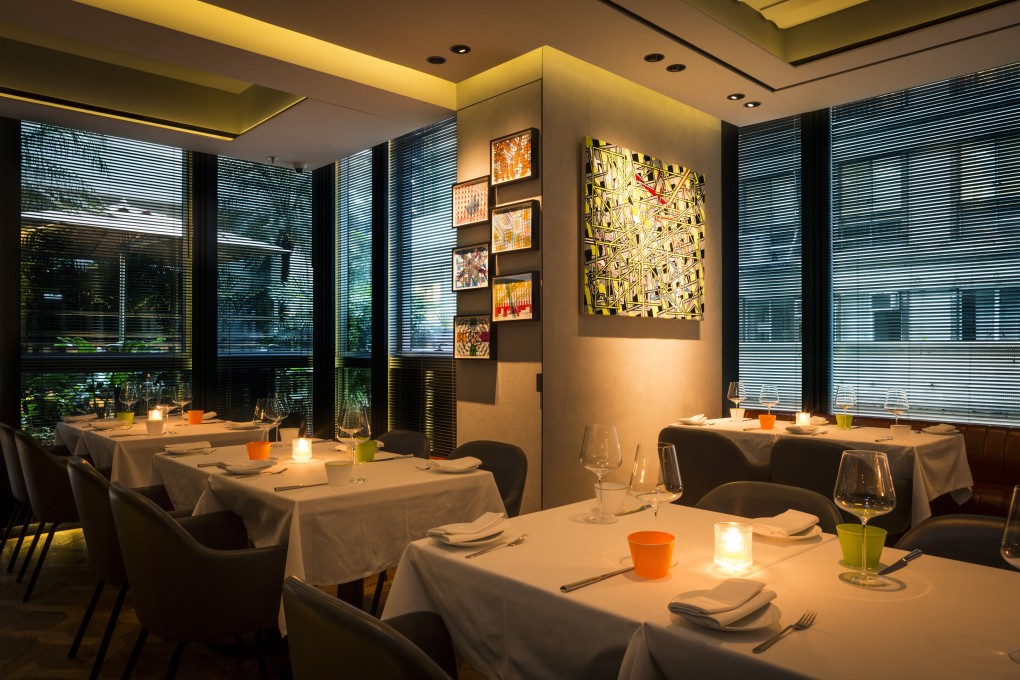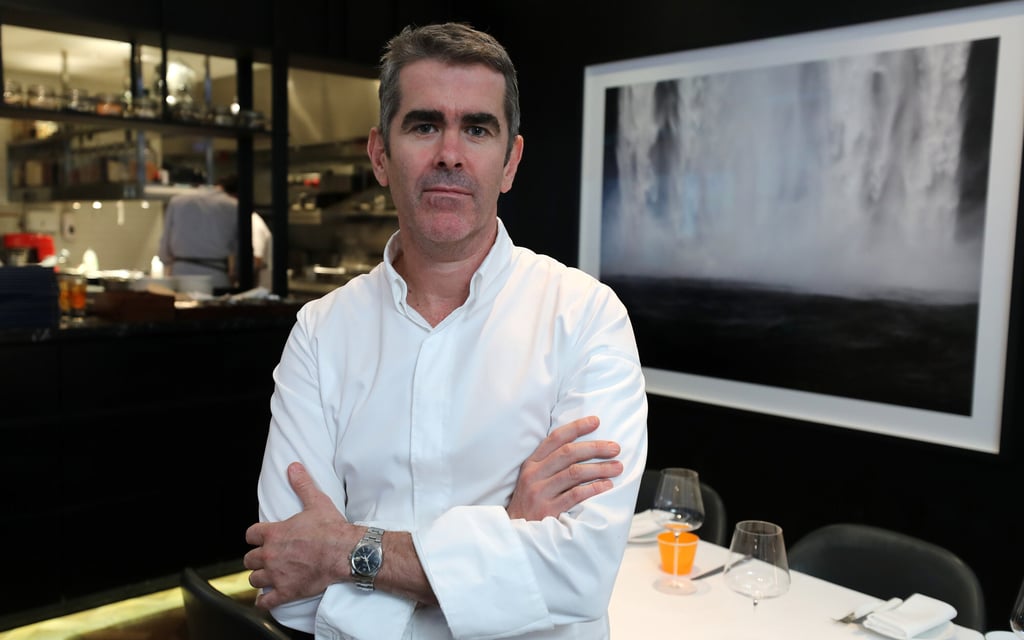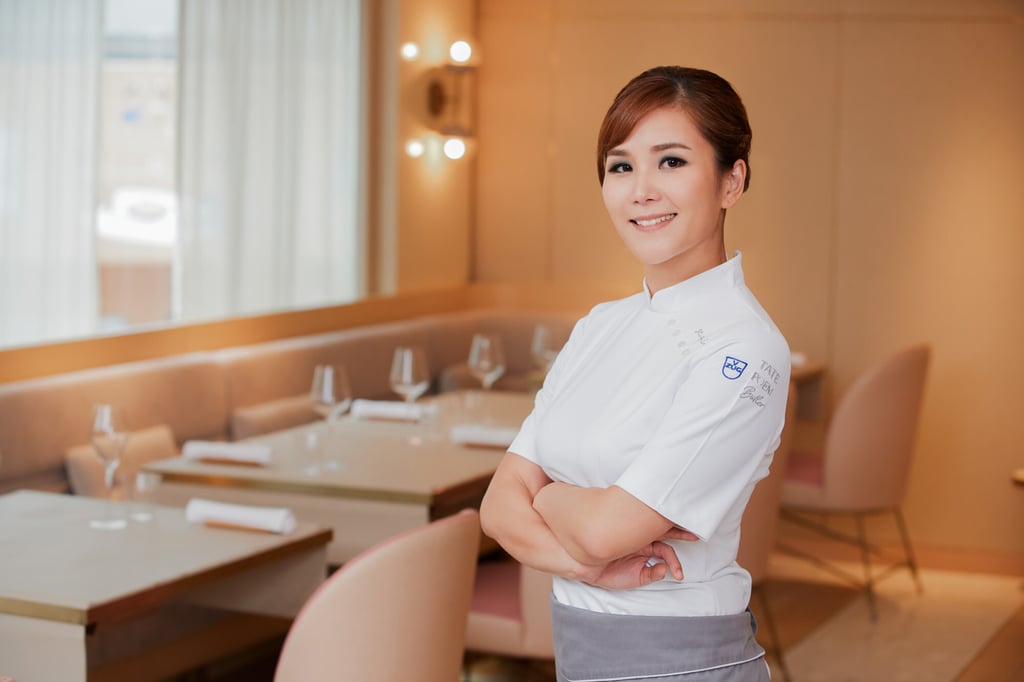‘The previous food system is now broken’: How Hong Kong restaurants like Arcane by Shane Osborn and Vicky Lau’s Tate Dining Room are fighting the pandemic
- Restaurants have found novel ways to cope with the mayhem brought by the pandemic, from personalised service and team training to quality and safety
- With globalisation on pause, restaurateurs are looking to source produce locally as supply chains face disruption

The past year has been challenging for fine dining restaurants in Hong Kong and Macau – in addition to the mandatory Covid-19 procedures required, owners, chefs and front-of-house staff have faced all kinds of hurdles in delivering a high-quality experience.
For Arcane restaurateur and chef Shane Osborn, one of the biggest challenges was supplies. “In terms of the kitchen side at Arcane,” says Osborn, “the only substantial change was that we needed to reduce the number of dishes on the menu because of disrupted supply chains and reduced guest numbers.”

Going forward, he believes that having to adapt to available supplies will lead to change for the better. “I feel that there will be a strong, positive shift towards cooking and operating more sustainably in 2021.”
Vicky Lau, owner-chef at Tate Dining Room, agrees. “Globalisation will be on pause and so we must source locally, supporting local farmers,” she says. “The previous food system is now broken, and we will need to look towards more sustainable produce. Working with local produce is important and interesting to my creations. We hope to learn more about our local culture and sustainability and therefore give back through better products.”

Oli Marlow, executive chef at Roganic, also points to the supply chain as a factor in 2021. “We have – and will be – working closely with suppliers as they have been affected as much as restaurants, seeing what produce they have. It would be criminal for food to be wasted.”